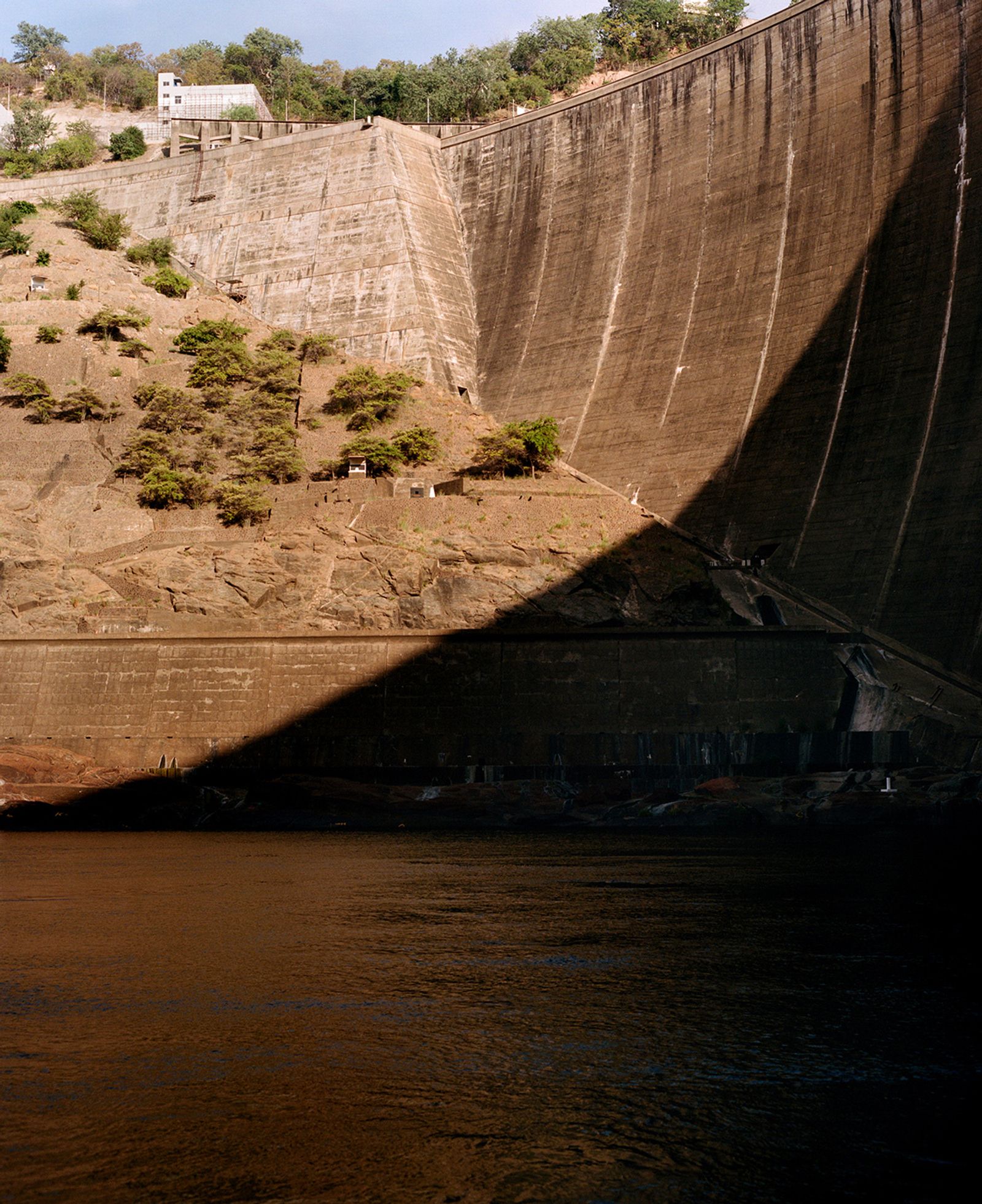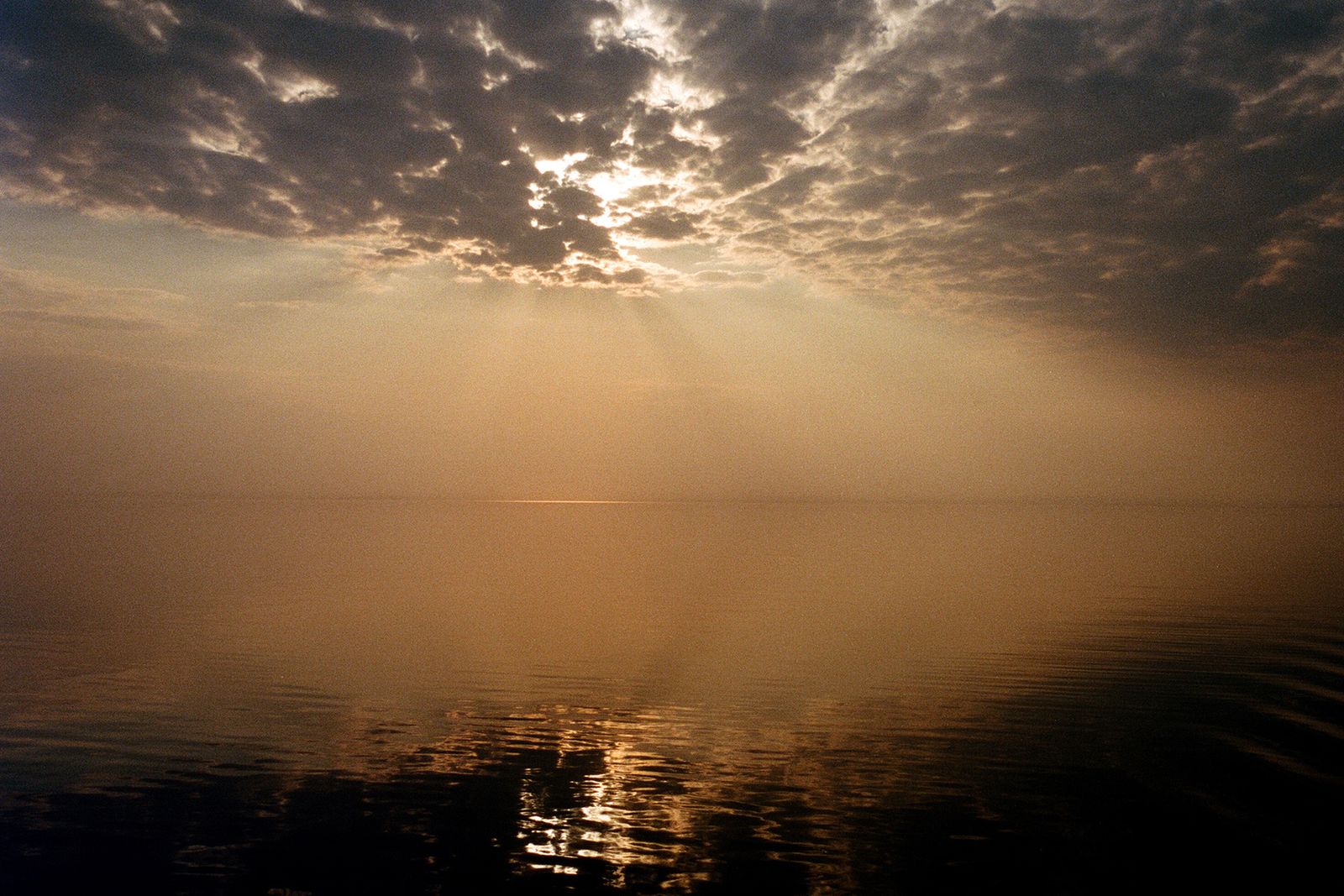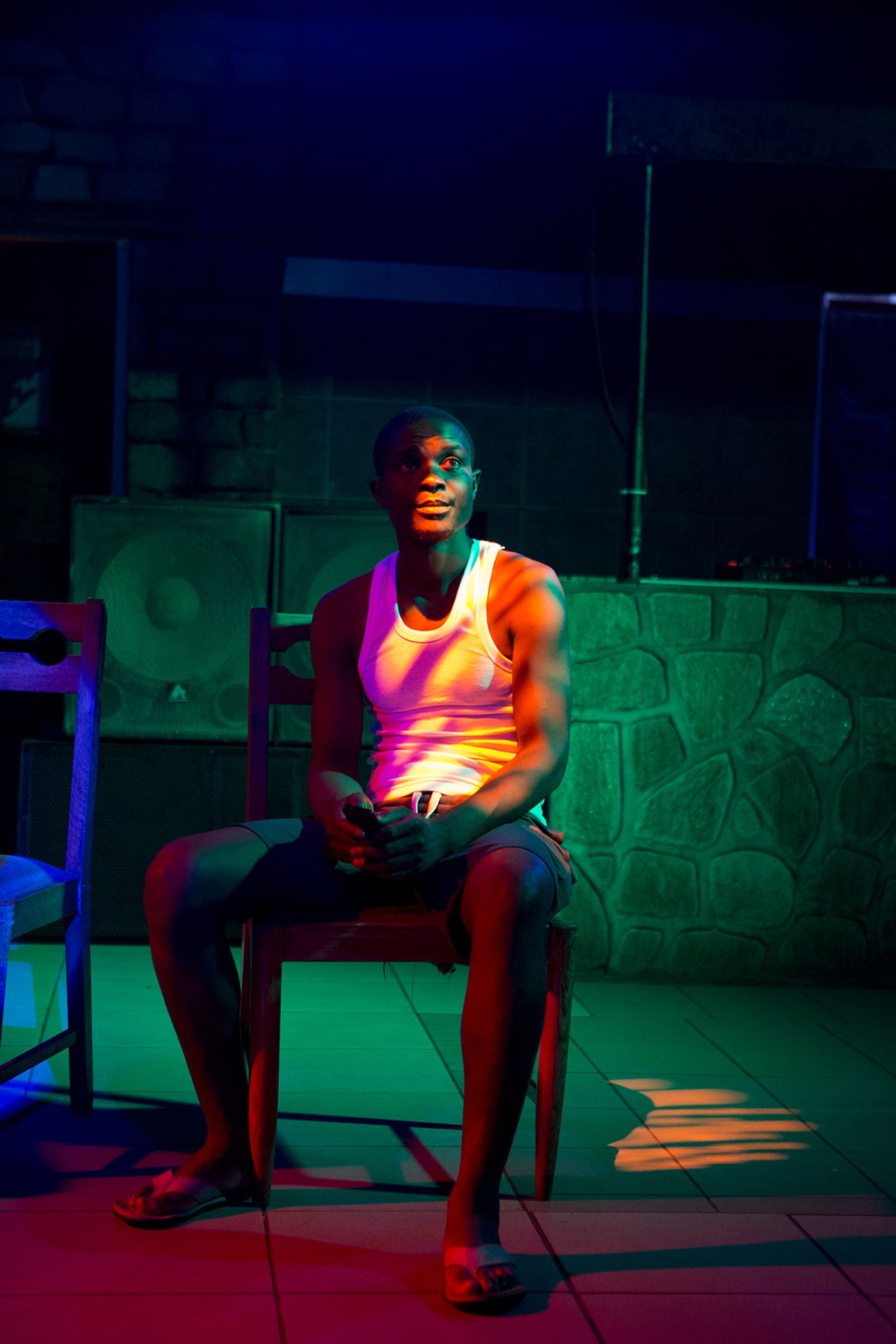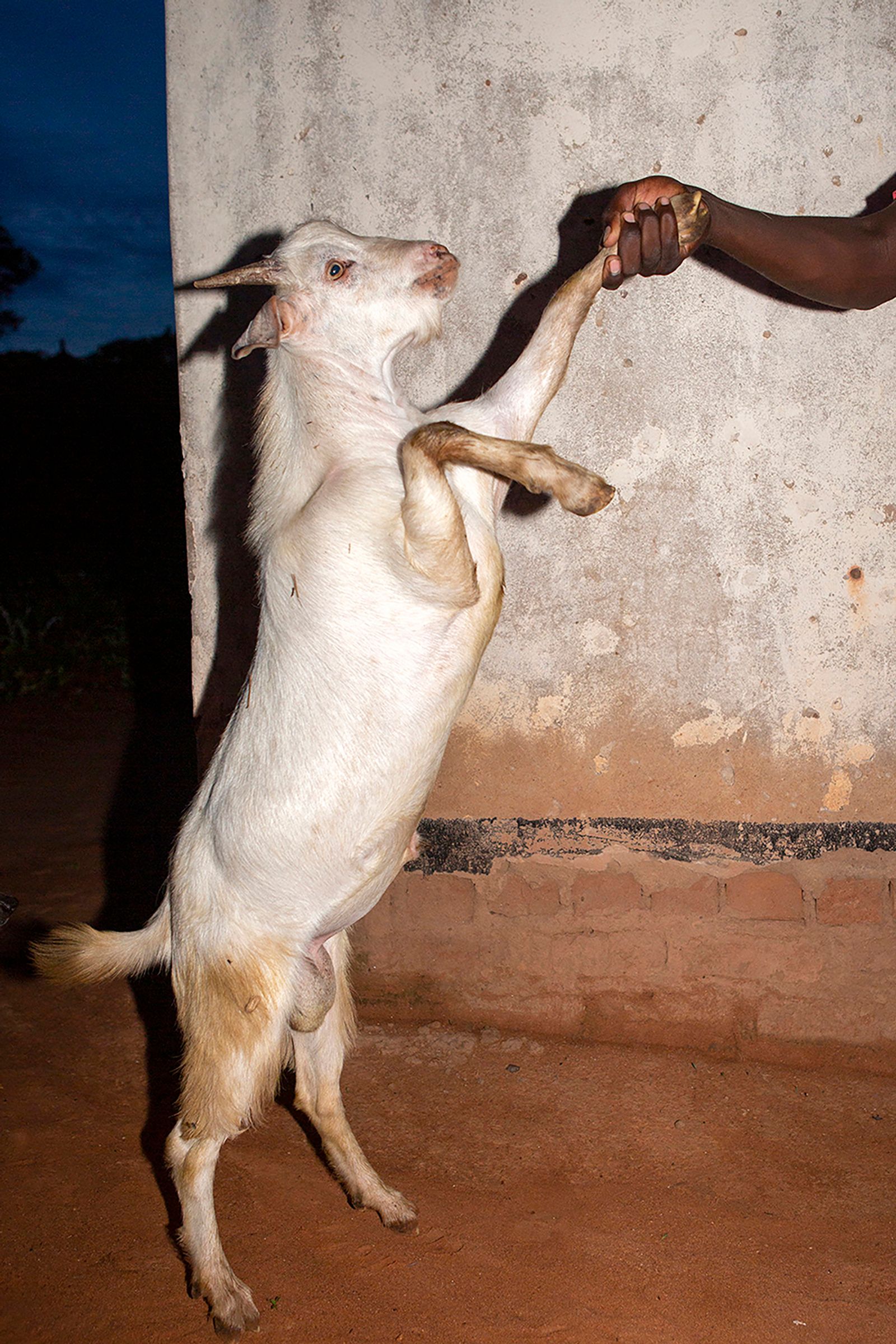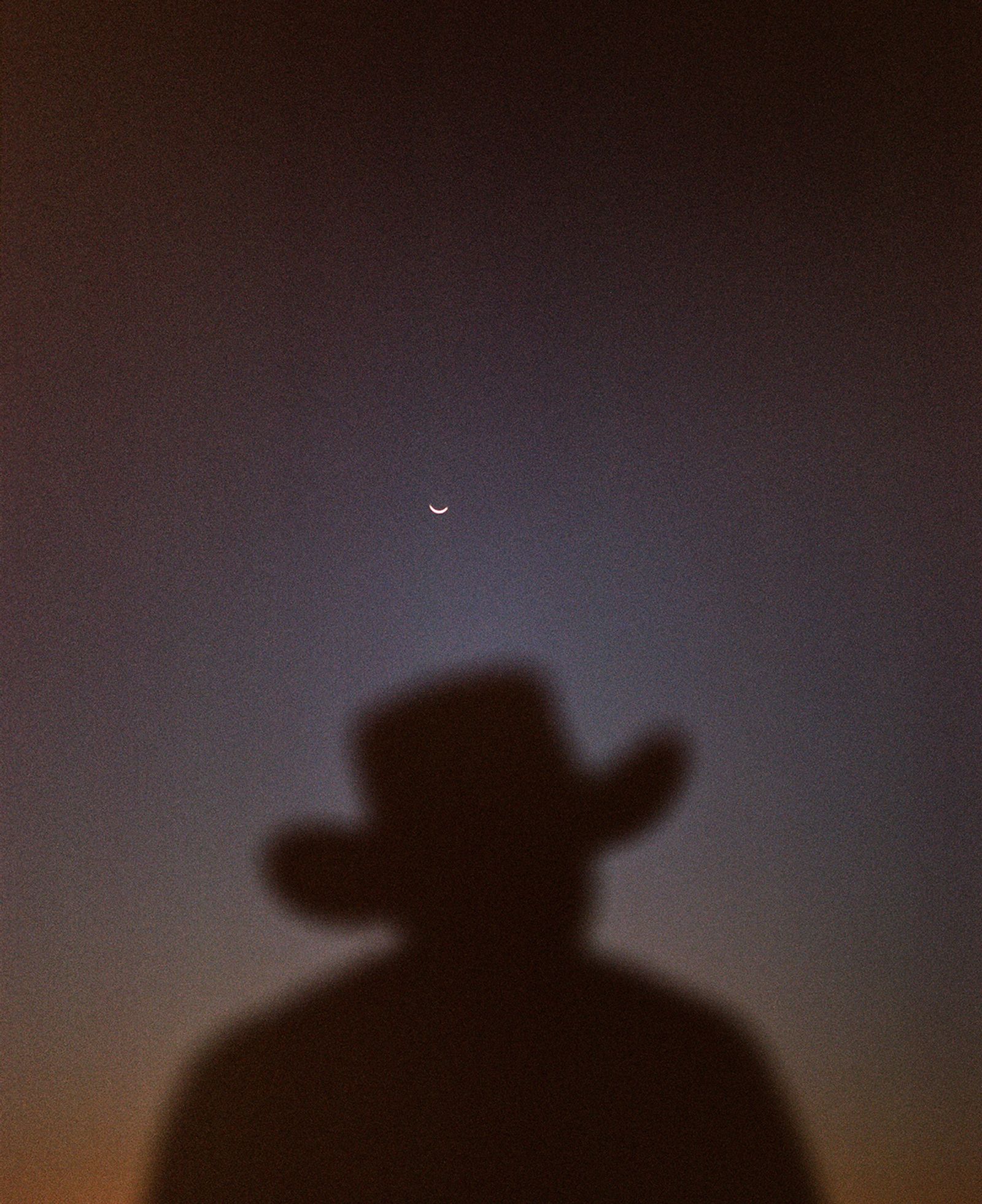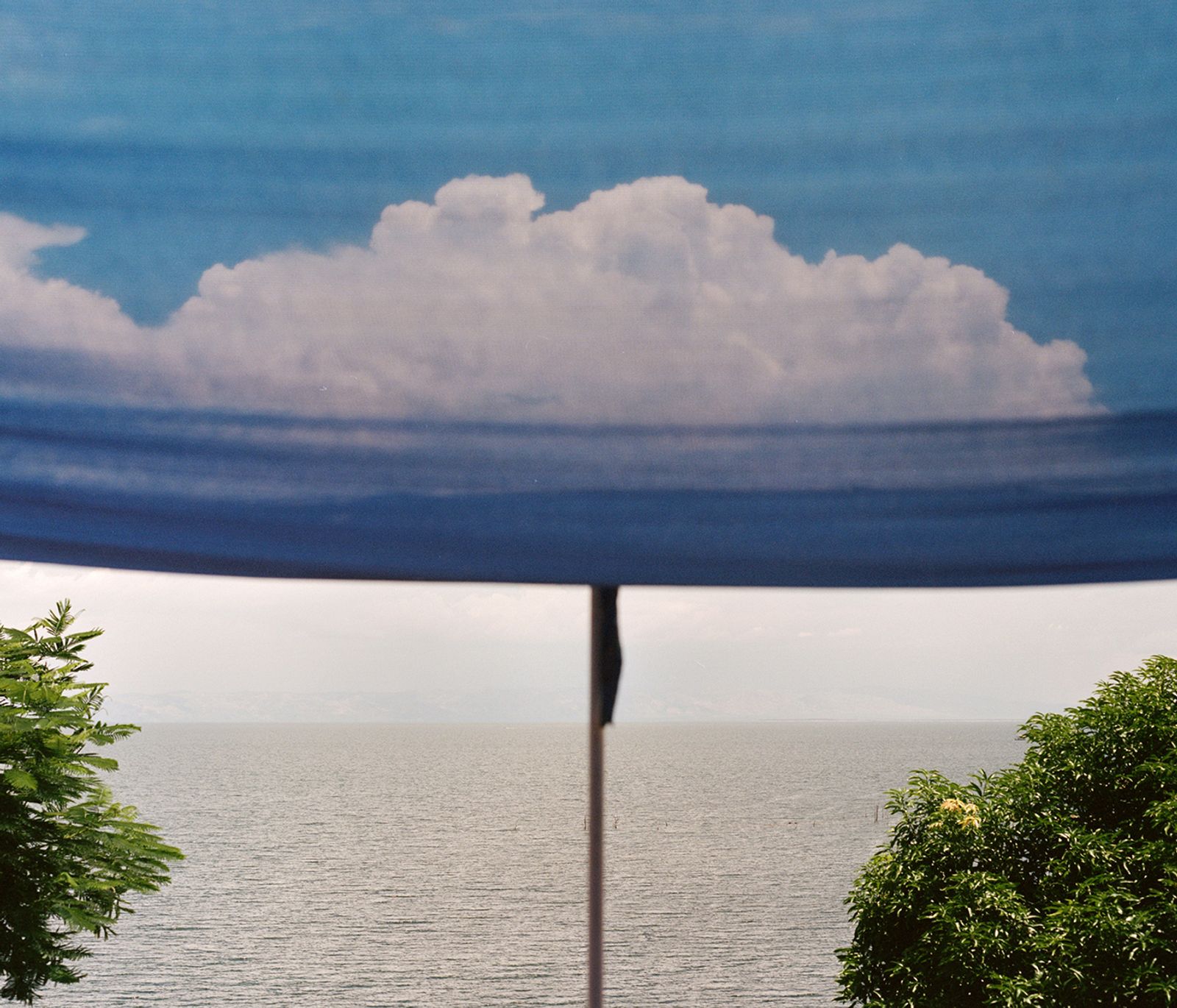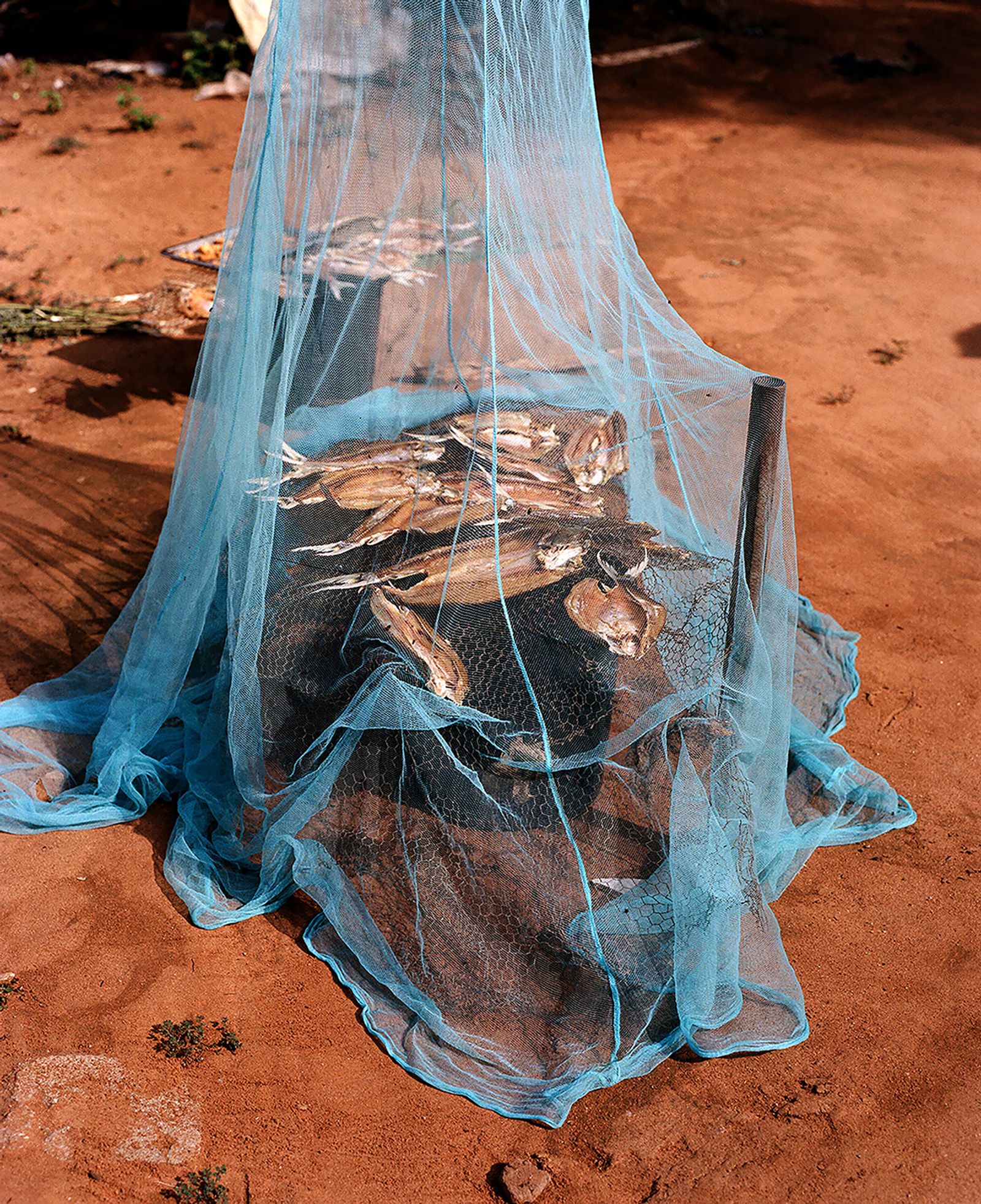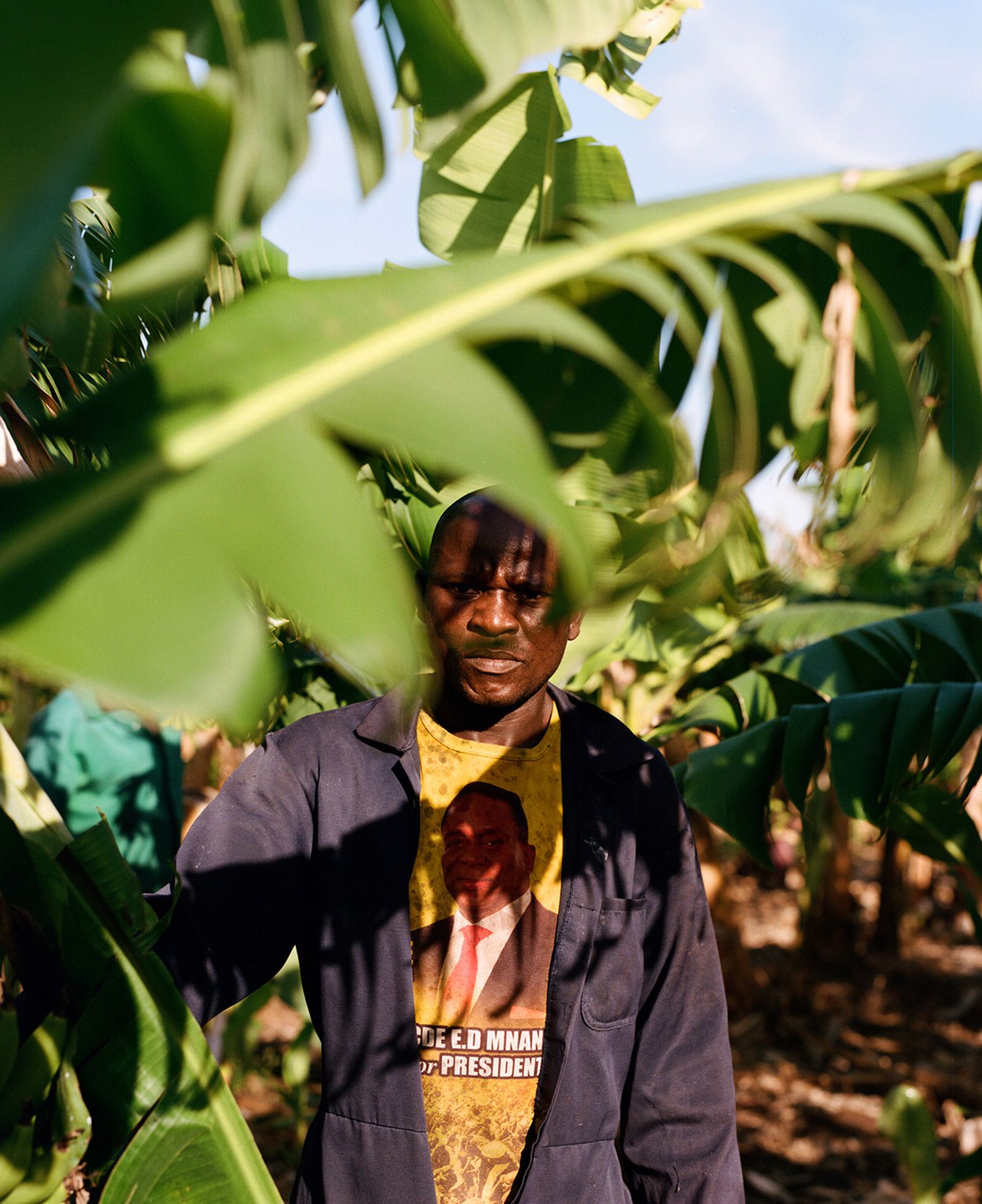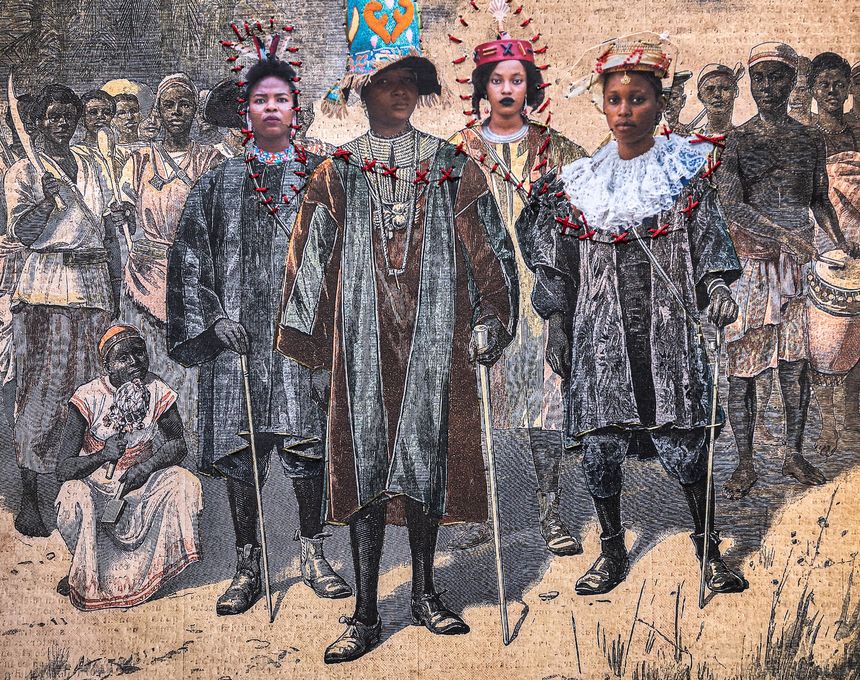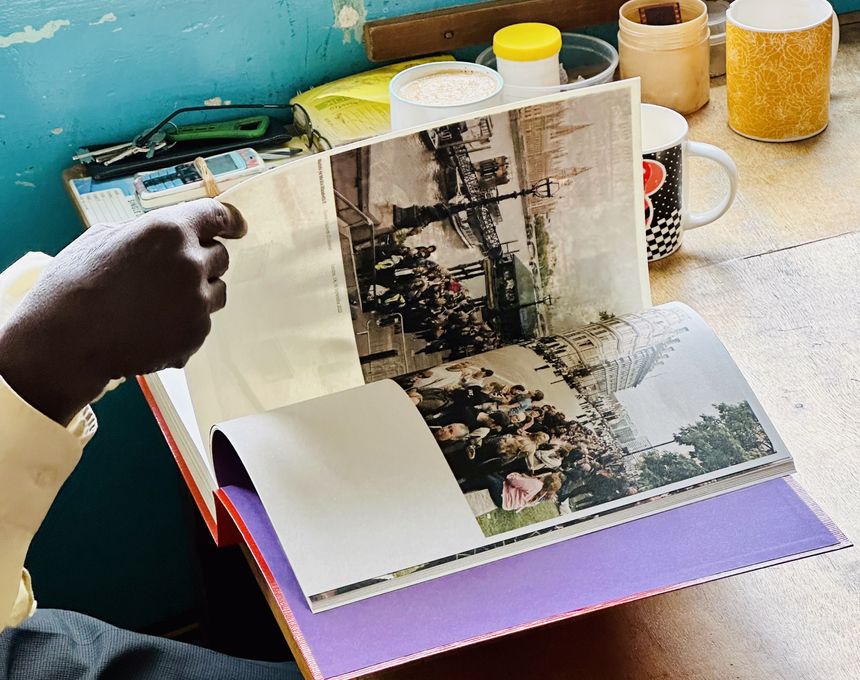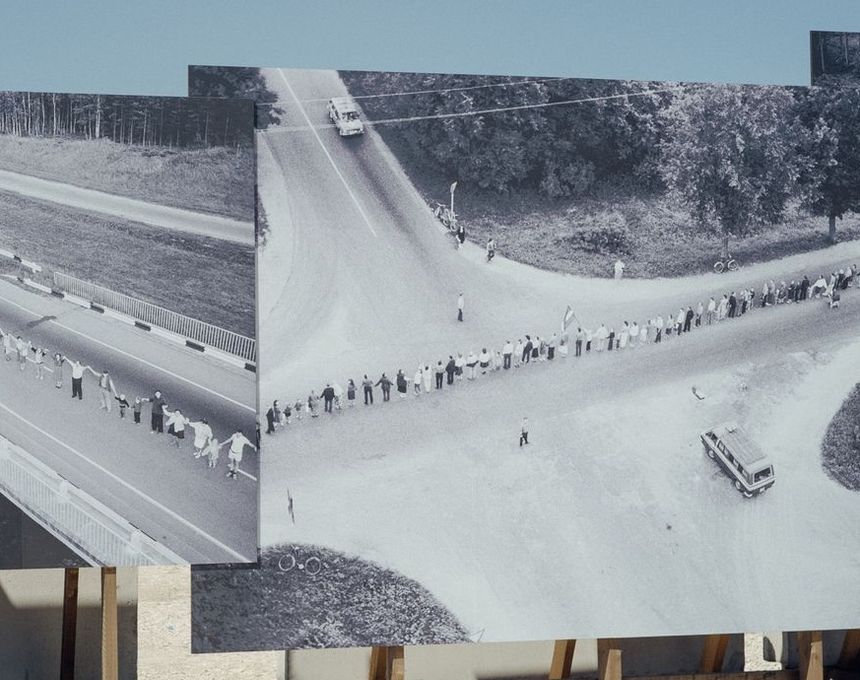The Double Spiritual Nature of Lake Kariba
-
Published19 Jul 2021
-
Author
Environmental transformation interlaces with spiritual colonization in Jono Terry's series They Still Owe Him a Boat, where the duality of a territory's history is explored and critically put into question.
Environmental transformation interlaces with spiritual colonization in Jono Terry's series They Still Owe Him a Boat, where the duality of a territory's history is explored and critically put into question.
On the 17th of May 1960, the Queen Mother officially opened the Lake Kariba dam wall. It was an engineering feat compared to the construction of the Great Pyramids of Giza. The white man in Africa conquering the seemingly wild Zambezi river and forever altering the landscape in our image.
‘Kariva’ was a local expression given to a stone lying alongside the gorge, the rock beneath the rapids, 350 miles downstream from Victoria Falls where it was believed NyamiNyami, the river deity with the body of a serpent and the head of a tiger fish, resided.
The creation of Lake Kariba and subsequent flooding of the valley displaced 57,000 Tonga people and destroyed more habitat than any single human action had before. The completion of the dam wall created the largest man-made lake in the world, produced the cheapest electricity in the world, and, in turn, separated NyamiNymai from his wife downstream.
In its creation, they had destroyed, and in their displacement white Rhodesians had created a Mecca they would always return to, a place where they felt they would truly belong. My interest in Lake Kariba has always centered around what I believe to be the spirituality of the land, for white Zimbabweans/Rhodesians the lake itself holds a sacred place, a playground where only the happiest of memories exist in a place made almost exclusively for us. For the local black population, it was a place of river gods and rain shrines, myth, and folklore that was challenged and ultimately destroyed by the creation of Lake Kariba.
Lake Kariba is where my father wants his ashes scattered, a sacrifice to NyamiNyami, becoming one with the land and finally answering the question of whether we belong. One day I hope to follow suit.
I have always been drawn to the duality of Lake Kariba. Geographically it sits between two countries: Zimbabwe and Zambia, there are two histories and two very different experiences of the lake - those of the white population and those of the black population. 60 years after its construction it remains a favourite place for many white Zimbabweans and continues to hold a prominent place in our national identity. They Still Owe Him a Boat aims to challenge our collective (white) memory of Lake Kariba.
Words and Pictures by Jono Terry.
--------------
Jono Terry (Zimbabwe, 1987), is a London based documentary photographer whose work is primarily focused on post-colonial Africa. His long-term photographic projects aim to both unpack and confront colonial history whilst offering insights into its continued legacy on contemporary African society. He is strongly motivated by creating a dialogue about the past in order to decolonize the present. Find him on PHmuseum and Instagram.
---------------
This feature is part of Story of the Week, a selection of relevant projects from our community handpicked by the PHmuseum curators.
